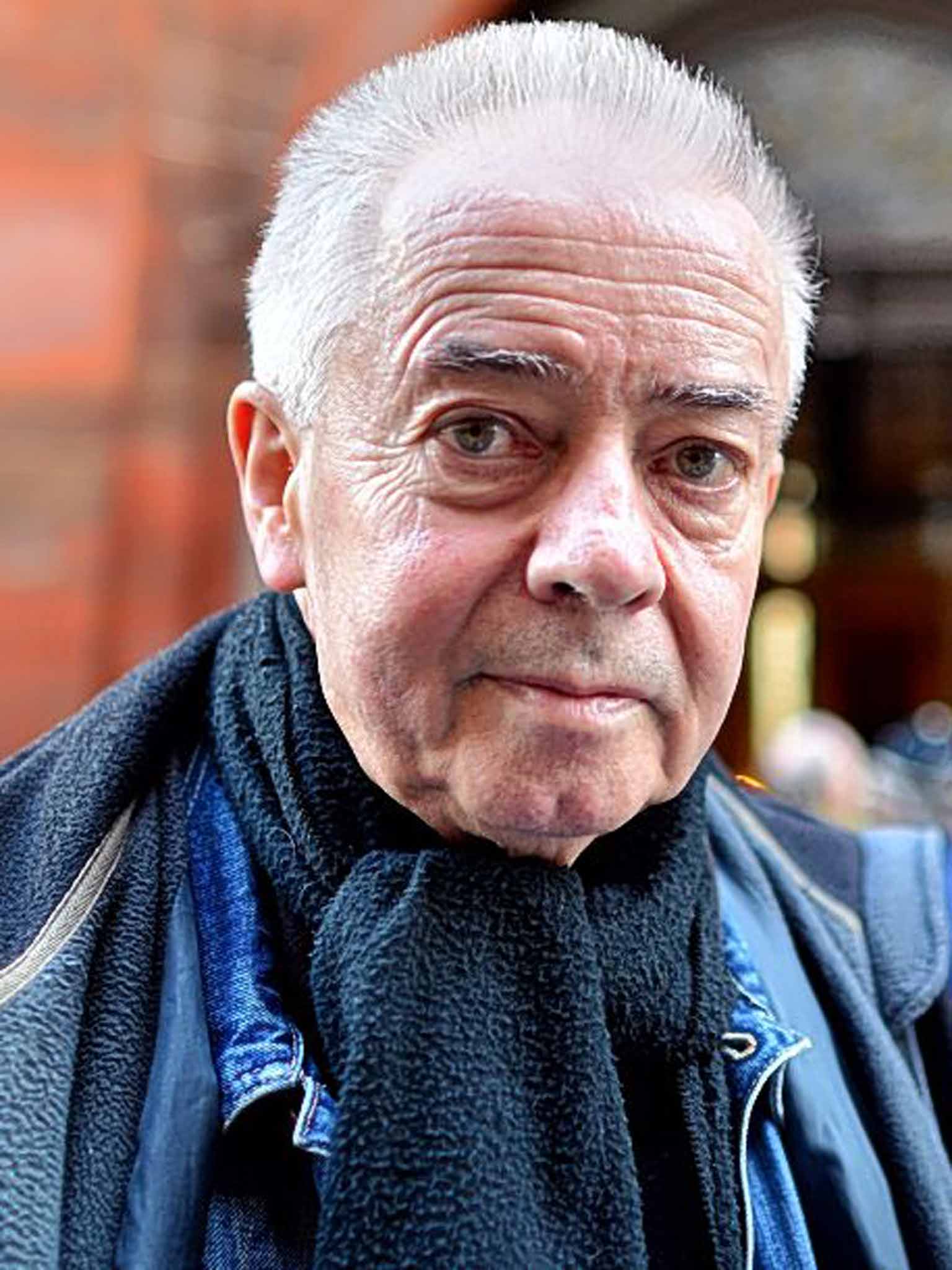Christian Führer: Leipzig pastor whose 'peace prayers' rallied resistance to communism in the run-up to German reunification

Christian Führer was a Leipzig pastor who rallied East Germans to resist the injustice of the former communist system in a series of peaceful protests before reunification in 1990. Beginning in the early 1980s he organised "peace prayers" every Monday in the city's Church of St Nicholas, which became a focal point for East Germans protesting against the regime of Erich Honecker.
The non-violent demonstrations that ensued in October 1989 led to Honecker's removal as leader and the appointment of Egon Krenz as his successor. The German Democratic Republic had its first free elections in March the following year, paving the way for reunification of East and West Germany.
"Christian Führer was a bearer of hope to many people, both in his profession as a pastor and as one of the defining figures of the peace prayers in the Church of St. Nicholas as well as the Monday demonstrations in Leipzig that led to the peaceful revolution in East Germany," the German President Joachim Gauck wrote in a letter to Führer's son, Sebastian.
The Monday prayers at the Lutheran church culminated in a stand-off between the resistance movement and Honecker's communist party, the SED, on 9 October 1989. About 70,000 people protested in the streets – peacefully, at Führer's urging – after the Ministry for State Security arranged for Honecker loyalists to occupy more than 500 seats in the church during the prayer session.
Clutching candles and flowers the demonstrators marched through the city watched by armed troops, chanting "Wir sind das Volk!" ["We are the people!"]. There were some arrests, but in the absence of direct orders from above a bloodbath was avoided. "We were ready for anything, except for candles and prayer," an official said. The following week, 120,000 people turned up for the vigil and the week after that, 320,000. On 9 November the Berlin Wall came down.
"I always wanted also to move in the earthly realm," Führer said in 2008. "It is not the throne and the altar, but the street and the altar that belong together."
After reunification, Führer continued to speak out in favour of what he perceived as injustice. He opposed cuts to social security benefits imposed by Chancellor Gerhard Schroeder's government, advocated for a minimum wage and demonstrated against the Iraq war. Recognisable in his jeans and denim jacket, Führer gave anti-war sermons that attracted as many as 25,000 people in 2003.
Like many compatriots, he was somewhat ambivalent about the new system. "People here feel a real schizophrenia," he said in 1994. "No one wants to go back to the days of dictatorship, but at the same time we're not really happy with the new system... Even those who have jobs and have cars and take nice vacations are worried about what is happening to our society. Brutal competition and the lust for money are destroying our sense of community. Almost everyone feels a level of fear or depression or insecurity."
Führer was born in Leipzig in 1943. He learned Greek and Latin and studied theology at Karl Marx University, now the University of Leipzig, and took a job in a car factory, rode motorbikes as a telegram delivery boy and worked as a waiter on a train.
From 1968 until 1980 he was a pastor in Lastau and Colditz before being appointed head of the congregation at the Church of St Nicholas in 1980. He began the peace prayers two years later and retired in 2008.
"We experienced it together," he said of his role in toppling the old regime. "Thousands in the churches, hundreds of thousands on the street around the city centre. Not one broken shop window. The unbelievable experience of the power of non-violence."
Führer and his wife, Monika, a pharmacist, had four children. She died of cancer in 2012. Führer died after suffering from a serious lung disease.
Christian Führer, pastor: born Leipzig 5 March 1943; married Monika (died 2012; four children); died 30 June 2014.
© Bloomberg News
Join our commenting forum
Join thought-provoking conversations, follow other Independent readers and see their replies
Comments